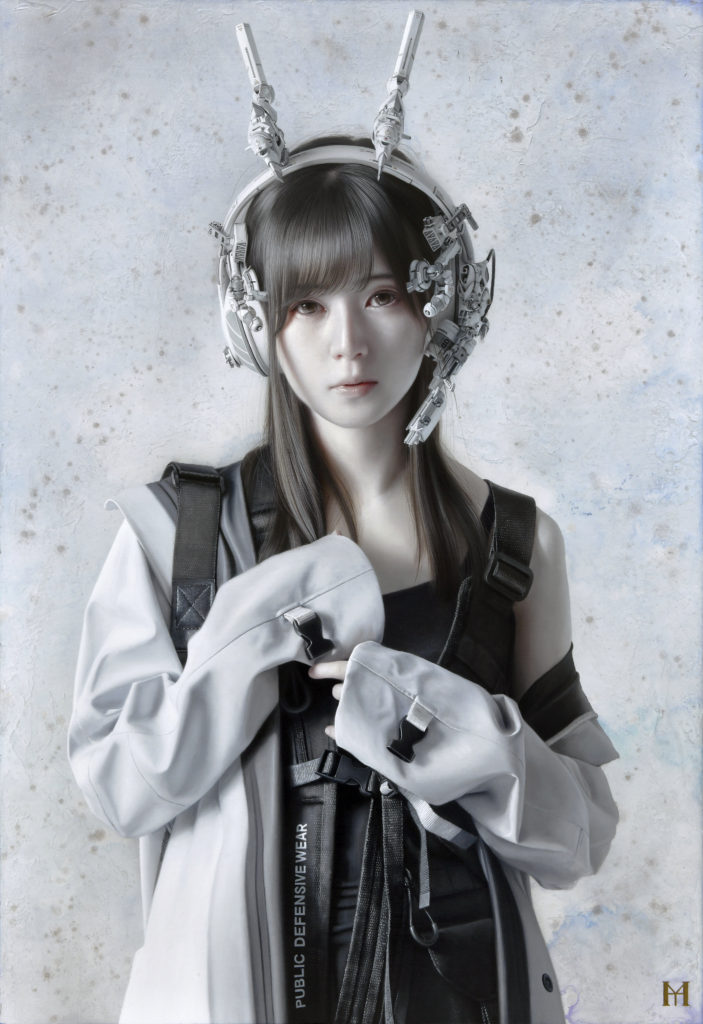

私が、神コスプレイヤーを描く理由とは?
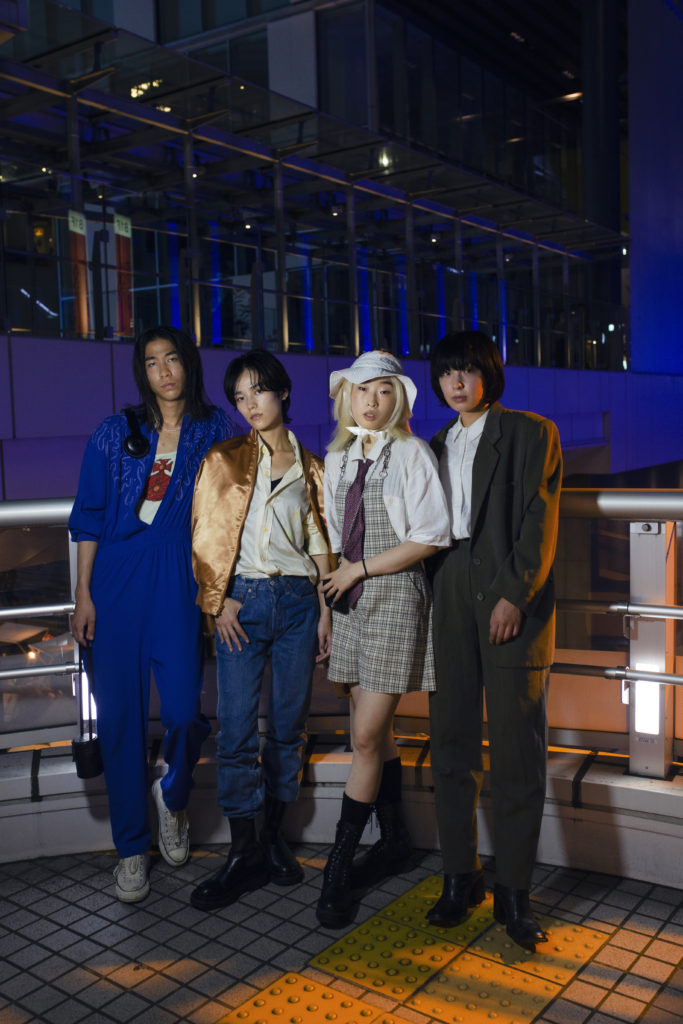
Your Neighborhood – INTERVIEW with BELLONA MODEL AGENCY
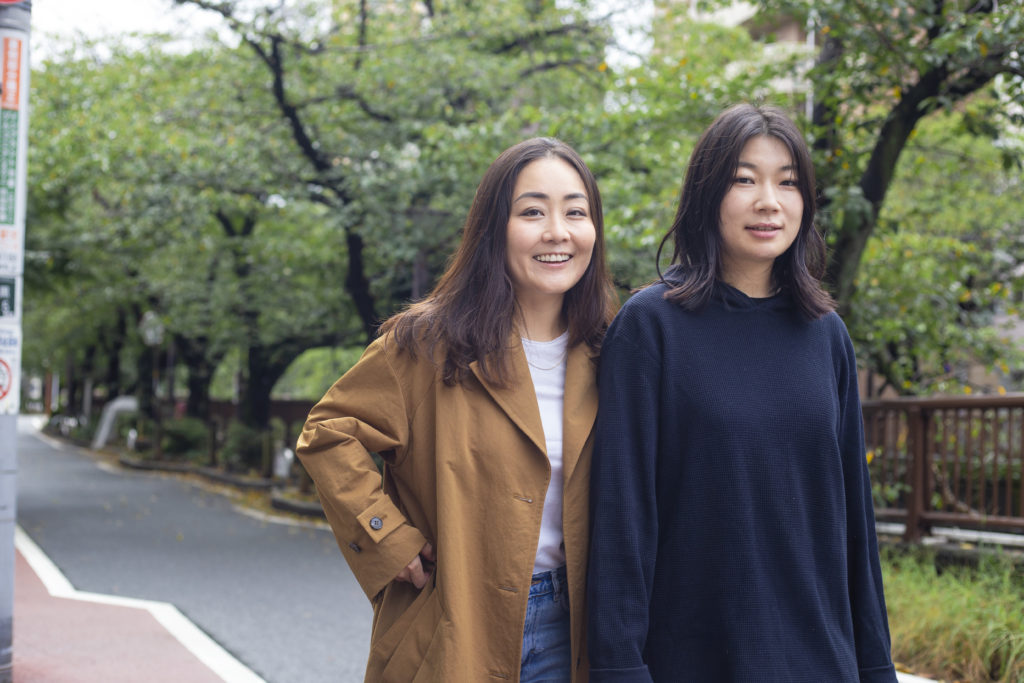
Your Neighborhood – INTERVIEW with SAYORI WADA & SHIOMI WADA
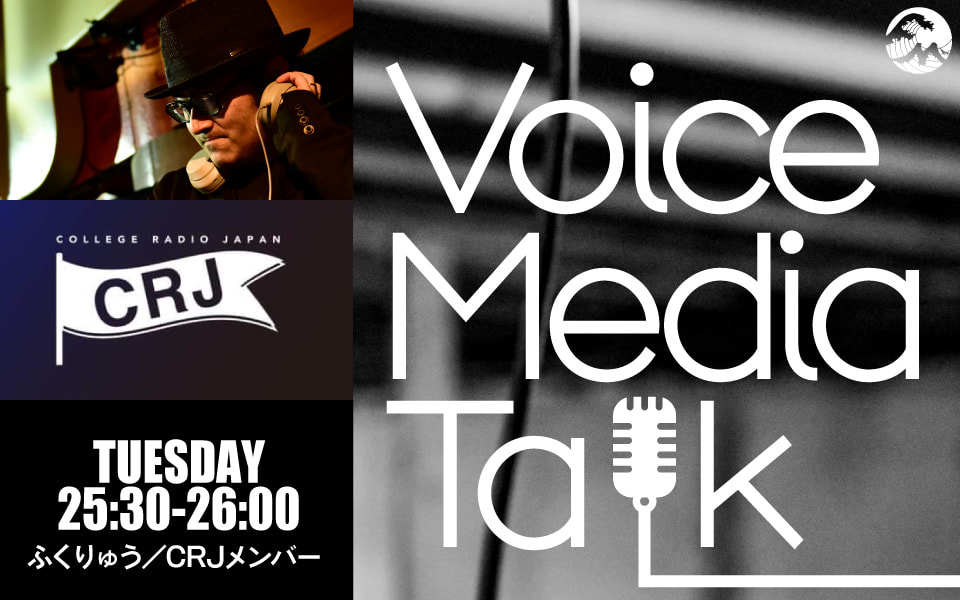
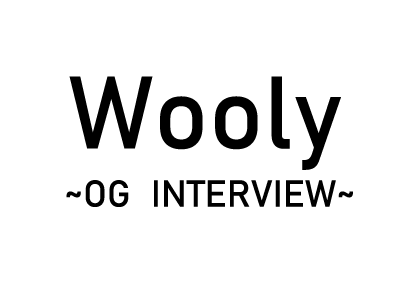
Interview&Text: Risa Ikeda
Interview with SALLY & MICHIKO
Wooly magazineのOGであり現在NYLON JAPANでエディターを務めるSALLYとWoolyのOGとして幅広く活動するMICHIKOによる対談が行われた。今までWoolyでどのように学びどのように経験してきたのか、これからのエディターには何が求められるのか、現役で活躍する彼女達に話を伺った。
これまでと現在の活動は?
SALLY: 今はファッションカルチャー誌、NYLON JAPANでエディターをしています。大学卒業と共にWoolyも卒業してNYLON JAPANに入りました。大学一年生の時にWoolyのインターン、アルバイト、副編集長、編集長みたいな感じで徐々にステップアップさせてもらって、自分が担当したWoolyは6冊くらいですね。そこで経験を積ませてもらいました。手がけたvol.22の”Enfant Terrible”号から初めて書店で売ろうということになって、フリーマガジンから雑誌として販売するようになったんです。その号はすごくお気に入りで家にも飾ってあります。
MICHIKO: 元々大学2年生の時にWoolyのインターンをしていて、翻訳のお手伝いなどをしていました。当時の編集長のヘルプをして副編集長として動く形で携わらせてもらっていました。その時からトークショーの企画や雑誌の編集だけじゃない動きとかを経験して勉強させてもらいました。現在は様々な活動をしています。
エディターを志した理由は?
SALLY: きっかけは全部Woolyなんですけど、中学生の時から海外のSNSが好きだったのでコーディネートの記事などのブログを書いたりしていました。ただ自分のブログ内で発信することをずっと日常的にやっていて、趣味みたいな感じです。高校生の頃には人に伝えたい欲が増して、記事を書いていくうちに同じ共通の趣味や好きなもので出会う友達も増えてきたんです。そこから世界に発信するファッションスナップを友達3人くらいで撮ったりして、その経験から発信することが面白いなと思うようになりました。周りにはエディターを志してる友達も多く、Woolyもそのタイミングで知ったんです。Woolyで経験していくうちに「これ仕事にできるのかも」と思い始めて、高校生の時に趣味でやってきたことが活かされてなおかつ自分の好きなことを仕事にできるんだと思ったら可能性があるのかもしれないと、大学生の時にWoolyを通してエディターになろうって決めました。
MICHIKO: 大学生の時にWoolyで経験して自分がいいなと思うものを発信する職業が私の中では雑誌の編集者がイメージとしてあったので。発信もそうだし世の中の人たちの考えや思想を表現する媒体が数々ある中で雑誌が一番表現しやすく、雑誌によってカラーやテイストもちがうので、それがすごく素敵な舞台だなと思ったんです。いろんなエディターに出会う中でもの作りをするっていうクリエイティブなマインドセットを持っているところをすごく尊敬しています。今まで自分が撮影や現場でやっていたことがエディター業にも結びついたりするので、そういう意味では包括的にエディターに興味を持ったっていう感じです。
エディターってただ記事を書く人ではないんですね。
MICHIKO: エディターっていう言葉の曖昧さが魅力だと思っています。ディレクターとかプロデューサーとか、肩書きの中でも上下関係が出てきてしまうけれど、抽象的なエディターという言葉自体、編集していく作業をするという肩書きとしては上下関係がないある意味素敵なワードだなと思います。コーディネーターって言ってしまうとロジスティックのみになるので記事を書くだけではなくセンスを磨いたりいろんな人の話を聞く力があったり、そういう魅力をキュッと詰めるとぼかした一言にしたくなる、それがエディターになるんじゃないかな。キャスティングや提案力もすごく問われるし、クライアントとメディアという形で仕事をする時はクライアントの話からどういうふうふうに何をするべきか考える力、聞く力を持っているからクライアントも安心して依頼できますし。人の話を聞く中でも心を広く持ってる人たちが多いのがエディターな気がします。
「これだからエディターはやめられない!」というエディターとして働くやりがいを感じる瞬間はどういう時ですか?
SALLY: たくさんありますけど、ビジュアルを作るっていうのが一番大きいところですね。ビジュアルに関する全てのディティールをエディターが提案して、割と細かいところまで話し合って決めていることが多いんです。どういうビジュアルを作ってどうやってSNSで海外に打ち出すかを練ったりもします。自分が目指しているビジュアルがフォトグラファー、スタイリスト、ヘアメイク、モデル、プロップ、スタジオ…全スタッフとともに全てがメイクされた時の「やったぜ!」みたいな感覚とか。クリエイティブってワンチームじゃないと絶対できないので、みんなで協力して一つの目的に向かって作り上げてそれを世界に発信したり、誰かのインスパイアに繋がるビジュアルを残すっていうのは醍醐味の一つですね。今の世界だし写真がクラウドにアップされて、SNS上で何年残るかも誰が見ているのかもわからない世界なので、しっかりビジュアルメイクできることはなによりのやりがいだと感じてます。
MICHIKO: たしかに、 形にしていくプロセスも大事で、どういうふうにやっていくのかを細かく相談し合うのでそういうところがすごくエディットしていくという意味でやりがいになるんだろうなって思っています。
時代が変わっていく中でエディターに共通する課題は?
SALLY: WoolyはスタイルがあるというかWoolyっぽいというのが確立してるメディアだと思うので、その媒体ごとのエディターは常にブレないように軸を持っているべきだと思います。時代が変化していくところで言うと、世界に張るアンテナ力はパワーアップさせていかないといけないと思います。学生のときはまだ自分の好きなことが楽しすぎて自分の意思を詰め込んだり、周りの素晴らしい人たちと作るのが楽しいって感覚だったりするんですけど、雑誌になると、トレンドと言わずとも常に時代に合ったアンテナを張って届けていくことが何よりも大切なんだ思うようになりました。
これからエディターを目指す人、目指している人に期待することは?
MICHIKO: 雑誌や様々な媒体がある中、「世間がこう言ってるから私もイエス」みたいに一旦世間の様子を伺う風潮からこぞってトレンドにいく傾向があるのかなとちょっと思ってて。そういうふうに今後周りの意見を見てから自分の意見や方向性を決めるんじゃなくて、自分が良いと思うシンプルな原動力をそのまま出せるようなエディターがいていいんじゃないか、自分のボイスをもっと出してもいいんだろうなって思います。自ら発信して、センスを嗅ぎ取ったり人の話を汲み取ったり、相手の気持ちを考えたり、そういう全体的なセンスに長けている、もしくは広げていく力を持っているといいのかなと。今後はさらに人をつなげるハブみたいな動きにおいても、爆発的な力を持っている方も必要かと思います。そういうハブとしての役割を担うことができてかつ自分のものさしで測ることができるようなボイスを持ってる人、発信っていうことに楽しさを覚える人がエディターでいてくれたらいいなって思います。
SALLY: MICHIKOさんが言っていることはその通りで、自分のボイスを持って「こういうことを伝える」という強い意志がないとエディターとしては今後大変になるかもしれない。「私はこれができます!」「私これだったら誰にも負けないです!」みたいなのを当たり前のようにプレゼンできる人もエディターに必要だと思っていて。満遍なく何でも知っていますっていうのは難しいと思うから、「私だったらこれは誰にも負けません」みたいな、一つでも、自分を代表できる何かをちゃんと持っている人がエディターに増えていけば、今後その人たちにとってもそういうページを手がけるきっかけになるはずなのでブレないものとか自分をレペゼンできるものを持って欲しいなって思います。
MICHIKO: 「私これだったら答えられます」っていう強みは持って欲しいんですけど、そこまでいかなくても「私はこれが好きです」っていうのだけでも。何が好きか答えられるとみんなが興味を持てるきっかけにもなるからまずはそのレベルで全然良いんです。
現エディターとして活躍する彼女達はメディアやSNSが発達したこの時代に、自分の声で自分の色で自分自身を発信し続けている。そんな彼女達の眼差しは若きエディターへの期待で溢れていた。
Interview with SALLY & MICHIKO
SALLY, a former editor of Wooly magazine and current editor of NYLON JAPAN, and MICHIKO, a former editor of Wooly who is active in a wide range of fields, had a conversation. I asked both of them what they have learned and experienced at Wooly, and what is expected for the editors in the future.
What have you been doing and what are you doing now?
SALLY: I’m currently working as an editor at NYLON JAPAN, a fashion culture magazine.
When I graduated from university, I also graduated from Wooly and joined NYLON JAPAN. When I was in my first year of university, I started as an intern at Wooly, then became a part-timer, deputy editor-in-chief, and editor-in-chief, and gradually worked my way up. I gained a lot of experience there. Wooly vol.22 “Enfant Terrible”, the issue that I worked on was the first to be sold in bookstores, and it went from a free magazine to a magazine. That issue is my favorite. I still keep it at home.
MICHIKO: I was originally an intern at Wooly when I was in my second year of university, helping with translation. I helped the editor-in-chief at that time and was involved in the magazine as a deputy editor-in-chief. Since then, I have learned a lot by planning talk shows and experiencing activities other than just editing magazines. Currently, I am helping out Wooly with various activities.
Why did you decide to become an editor?
SALLY: It all started with Wooly. Since I was in junior high school, I liked foreign social networking sites and I had been writing blogs about styling and such. I had always just been doing things within my own blog, and it was kind of like a hobby. As I grew in high school, I started wanting to tell people about it, and as I wrote articles, I started making more friends with same interests. Then I made a fashion-snap with three of my friends just to connect with the world. From that experience, I began to realize that expressing creatively is something that I’m interested in. In college, I had many friends who wanted to be editors, and that’s when I found out about Wooly. As I experienced editing at Wooly, I started to think, “Maybe I can do this as a job.” I thought that I could make use of what I have been doing as a hobby in high school, and that there was a possibility that I could turn what I love into an actual job. Through the experience in Wooly, I realized and determined that I wanted to be an editor.
MICHIKO: I have always had an image of magazine editors as people who transmit what they believe in. I thought magazine is a medium that can help people express their ideas and thoughts, and each magazine has its own way of expressing them. I’ve met a lot of editors, and I really admire their creative mindset. In that sense, I am interested in being an editor, and I thought since the experiences involved in fashion shooting can benefit me.
An editor is not just someone who writes articles, is it?
MICHIKO: I think the ambiguity of the word “editor” is what makes it interesting. The word “director” or “producer” has a hierarchical relationship within the title. However, I think the abstract word “editor” is a wonderful word that has no hierarchical relationship as a title for editing work. If you say “coordinator,” it refers to logistics only, so the blurred word that sums up the appeal of not only writing articles, but also your sense of style and having the ability to listen to voices of various people. I think that’s what makes an editor. Editors are also required to be able to do casting and suggest ideas for the page. For example, when working with a client, the ability to comprehend the client’s needs and think about what ways to help them, so the client can trust their work. I think good editors have an open mind when listening to people.
What do you find most rewarding about working as an editor?
SALLY: There are so many, but I find creating visuals are the most rewarding thing. In many cases, the editor proposes all the details of the visuals and discuss and decides on every detail. I have to think about what kind of visuals I want to create and how I’m going to present them overseas on social media, and when the visuals that I’m aiming for are completed, along with the staff, photographers, stylists, hair and makeup artists, models, props, studio… that’s when we’er like, “We did it!” That’s the feeling I get. As an editor, I can never do it alone, so we must work together to achieve a single goal. It’s about when you create visuals that can inspire someone. We live in a world where pictures are uploaded in the cloud, and we never know how many years they will be on social networking sites or who will see them, so being able to visually make up something like that is the most rewarding thing.
MICHIKO: That’s true. The processes itself is important. I think the process of discussing with each other in detail is what makes it worthwhile.
What are the common challenges for editors despite the changes in times?
SALLY: I think Wooly is a media that has established their own style, so I think protecting that is very important. I think we need to always keep our eyes open to the changes of the world.
When I was a student, I enjoyed doing what I liked so much that I would put my life into my works and create it with wonderful people around me. However, when it comes to magazines, I have recently come to think that it is more important than anything else to keep my antennae up, stay woke and not to go after something just because you think it’s a trend.
What do you expect from people who want to become editors, or are aspiring to become editors?
Michiko: With all the magazines and other media out there, there is a tendency to wait and see what other people think, and then go after the trend. I’d like to see editors who are able to act on simple motivations that they think is good, rather than deciding their opinions and directions after seeing what others think. I think it’s okay to express your own opinion. I’d like to see someone who aren’t afraid todo so, who has their own sense of style, who can resonate to other people’s stories, who can think about other people’s feelings, and who has the ability to expand it. I think will also need people who can be the hub for all sorts of things. I would like to see editors who can act as hubs, who can make decisions on their own, and who can feel the joy of sending out messages.
SALLY: What Michiko says is very true. If you don’t have a strong will to communicate and act on it, you might have a hard time as an editor in the future. I believe that editors need to be able to present such things as “I can do this!” I don’t think there are people who know everything, so if more and more editors have something that represents them, like “I’m as good as anyone at this,” then they might end up working on pages like that in the future. I want them to have their own opinion, belief, or something that represents themselves.
MICHIKO: Having the strength and can say “Ask anything about this I’m good at this!” is amazing but you don’t have to go that far, if you can just say, “I like this. I’m interested in this!” If you can answer what you like, it’s already mean that there is a chance for people to be interested in you, so that is perfectly fine to start with.
In this age of media and social networking, the current editors continue to communicate themselves in their own voice and in their own colors. As they talk about the future editors, you can see their eyes sparkle with anticipation.



